Incidents can happen in every organization, but when they happen with a high frequency the consequences can be severe
“My staff feel like burned-out firefighters. Regretful of failed rescue attempts and dreading to have to put out more dangerous fires”.
“How can I advocate for ABA as an effective treatment if my clients are not making any movement towards independence and adaptive skills but are restrained multiple times in treatment sessions.”
“Our methods are questioned constantly because our learners are not making any meaningful progress. Instead, we report the use of physical restraint daily.”
“We are perceived as overusing restrictive procedures. Angry parents scrutinize our work and argue that their loved one’s experience borders on abuse instead of treatment.”
How does high frequency of restraint impact our organization?
There is a correlation between high frequency of restraints and the frequency of client/staff injury, staff burnout, and staff turnover. As a human service organization that serves individuals with behavioral challenges, the need for emergency interventions is expected. Nobody in this profession wants to be put in a position to hurt their students or clients. Nobody wants to be constantly scrutinized and judged for not meeting the expectations of their role as educators and therapists.

The Solution to drastically lower the frequency (and severity) of restraints
The key in reducing restraint lies in using best practices in education and treatment. A sophisticated and comprehensive crisis management program understands how crucial prevention, de-escalation and reintegration are in reducing the use of restrictive procedures. A crisis management program backed by empirical evidence should be the standard for your organization. Once frequency of restraints dramatically decreases, the organization and their staff can focus on teaching and treatment, which is what they were hired for in the first place.
PCM, which stands for Professional CrisIs Management as taught by the PCM-Association has been proven effective over and over again because it is exactly designed with those principles in mind. For more information, click here.
Testimonial
"Since implementing PCM, our frequency of restraints has steadily declined. I would highly recommend PCM as it provides highly effective strategies in managing individuals with challenging behaviors."
Amber Bruns, BCBA


